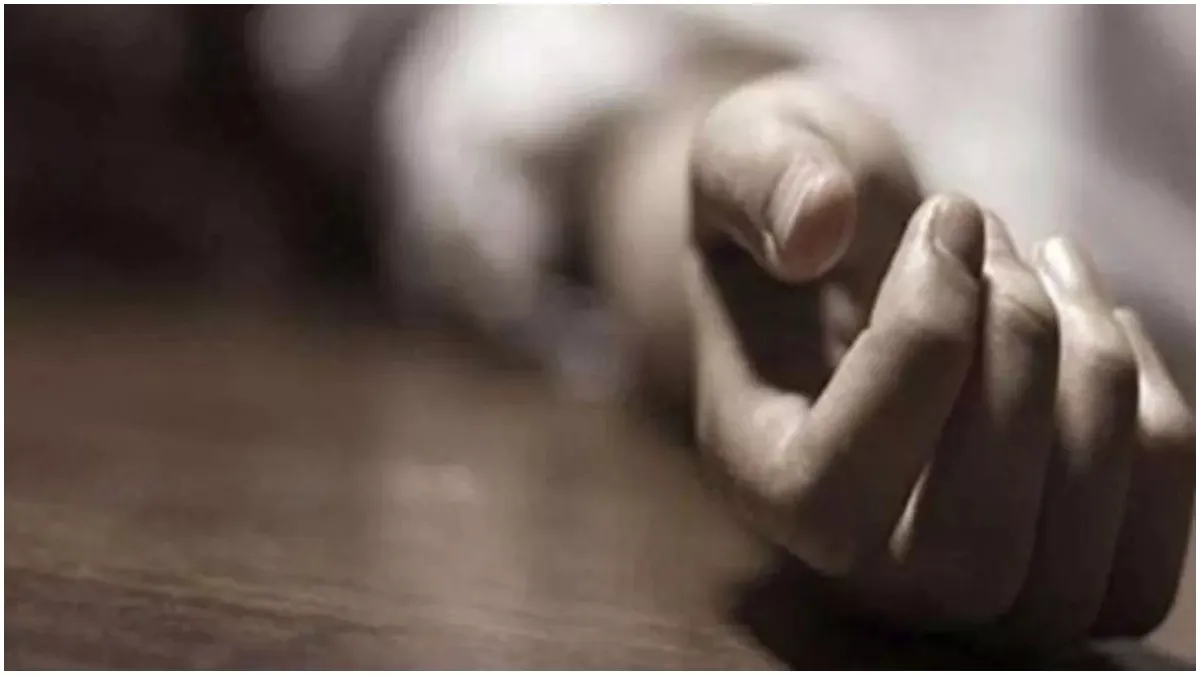- By Kamakshi Bishnoi
- Thu, 02 Oct 2025 03:35 PM (IST)
- Source:Jagran News Network
The rate of suicides in Delh has surged in recent years, with cases linked to depression, family disputes, and other stress-related issues witnessing a sharp rise since the coronavirus pandemic. According to National Crime Records Bureau (NCRB) data, Delhi now reports over 3,000 suicides annually, compared to around 2,500 before the pandemic. On average, nine people die by suicide in the city each day, making it a growing public health concern.
To address this crisis, the Centre and the Delhi government are preparing to expand mental health infrastructure under the National Mental Health Programme. Plans are underway to establish 100 community mental health centres across the city, with the rollout expected to begin this month.
Officials said these centres, which will function like primary health centres, will offer free counselling, yoga sessions, meditation, group discussions, and mental therapy. The initiative aims to provide early intervention for those struggling with stress, depression, or family disputes. A helpline will also be launched, and counsellors may conduct home visits when necessary.
Delhi Health Minister Dr Pankaj Singh recently announced that all 100 centres would be operational by 2026. In the first phase, 20 centres will be set up in North, West, and South Delhi, where suicide rates are highest.
District-Wise Distribution of Centres
-North Delhi: 12 centres in Rohini, Mangolpuri, Narela, near community hubs and schools.
-North-West Delhi: 10 centres in Ashok Vihar, Rohini Extension, Kanjhawala, with workplace-focused sessions.
-West Delhi: 11 centres in Rajouri Garden, Dwarka, and Uttam Nagar, with mobile outreach units.
-New Delhi: 8 centres around Connaught Place, Mandi House, and India Gate, targeting tourists and migrant workers.
-Central Delhi: 9 centres in Karol Bagh, Sadar Bazar, and Chandni Chowk, focusing on the elderly and women.
-South Delhi: 12 centres in Greater Kailash, Saket, and Lajpat Nagar, emphasising yoga and mindfulness.
ALSO READ: Chennai: 39 RSS Workers Detained For Organising Puja, Training Session Without Permission
-South-West Delhi: 10 centres in Dwarka sub-city, Vasant Vihar, and Mahipalpur, integrated with a 24-hour migrant helpline.
-South-East Delhi: 9 centres in Okhla, Kalkaji, and Faridabad Road, covering industrial zones.
-East Delhi: 11 centres in Mayur Vihar, Laxmi Nagar, and Ghaziabad border, targeting students and coaching hubs.
-North-East Delhi: 8 centres in Burari, Shahdara, and Gokulpuri, with awareness camps in border areas.
Experts have welcomed the initiative. Dr Nimesh G Desai, former director of the Institute of Human Behaviour and Allied Sciences (IHBAS), said the pandemic exposed the depth of India’s mental health crisis, compounded by high internet usage and growing loneliness. He noted that community-level interventions could play a vital role in suicide prevention.
